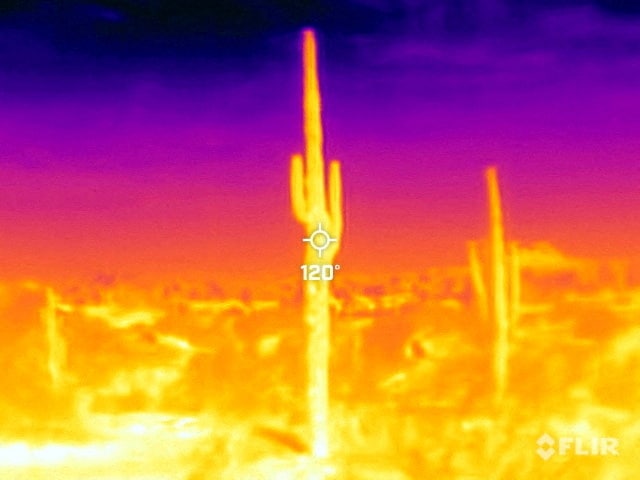This year is on track to become the hottest since at least 1940, the European Union’s Copernicus Climate Change Service said on Thursday.
Scientists have said climate change, combined with this year’s El Nino weather pattern that warms surface waters in the eastern and central Pacific Ocean, have fuelled recent record-breaking temperatures.
The Copernicus finding, based on its records that began in 1940, showed that the global average temperature for January-September was 0.52 degrees Celsius (0.94 degrees Fahrenheit) higher than the average of the climate change service’s 1991-2020 reference period, based on its records dating back to 1940. That temperature is 1.4 C higher than the pre-industrial period from 1850 to 1900, the institute added.
However, such an increase does not mean the world is on the verge of crossing the long-term warmingclimatethreshold of 1.5 C set by world leaders in the 2015 Paris accord since that is measured as a multi-decadal average.
Copernicus has previously said 2020 and 2016 were the hottest years on record, with global temperatures around 1.25 C above pre-industrial times.
“What is especially worrying is that the warming El Niño event is still developing, and so we can expect these record-breaking temperatures to continue for months, with cascading impacts on our environment and society,” said World Meteorological Organization Secretary-General Petteri Taalas, referring to the climate phenomenon that drives extreme heat.
Copernicus’s analysis is based on billions of measurements from satellites, ships, aircraft and weather stations. While some temperature measurements go back to the 19th Century, Copernicus says it only used its own records for its global temperature database.
Antarctic sea ice extent remained at a record low level for the time of year, while the Arctic Sea ice extent is 18% below average.







Click here to change your cookie preferences